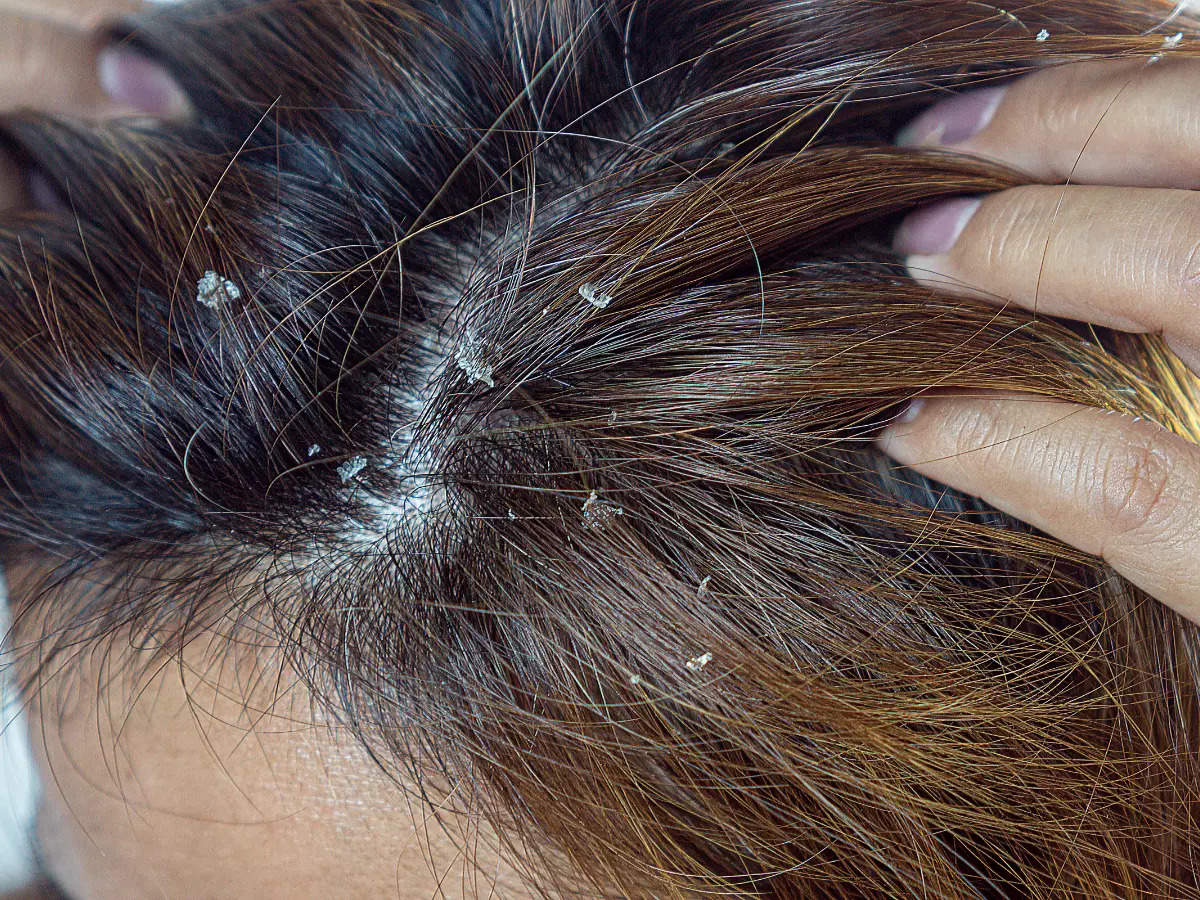Suffering From Scalp Acne? Discover Effective Solutions For Itch-Free Relief

Dealing with acne on your face or body can be frustrating enough, but when it manifests on your scalp , it can become an even more vexing issue. Scalp acne, often accompanied by itching and discomfort, can disrupt your daily life and make you self-conscious.
Understanding Scalp Acne:
Scalp acne, also known as scalp folliculitis, is a skin condition in which hair follicles become inflamed due to the accumulation of dead skin cells, oil, and bacteria. This inflammation can result in red pimples, pustules, or papules, leading to itching and discomfort.
Understanding Scalp Acne:
Scalp acne, also known as scalp folliculitis, is a skin condition in which hair follicles become inflamed due to the accumulation of dead skin cells, oil, and bacteria. This inflammation can result in red pimples, pustules, or papules, leading to itching and discomfort.
Common Causes of Scalp Acne
- Excessive Sebum Production: Overproduction of sebum (skin oil) can clog hair follicles and lead to acne.
- Hair Products: Certain hair products like shampoos, conditioners, or styling products may contain ingredients that can trigger acne on the scalp.
- Sweating and Heat: Excessive sweating, especially in hot and humid conditions, can create an ideal environment for acne-causing bacteria.
- Use a Mild Shampoo: Opt for a gentle, sulphate-free shampoo that cleanses your scalp without causing excessive dryness. Avoid shampoos with harsh chemicals that can further irritate the skin.
- Check Hair Products: Examine the ingredients in your hair care products. Avoid products that contain potential acne triggers like silicones, heavy oils, or excessive fragrances.
- Stress Reduction: Employ stress-reduction techniques like meditation, deep breathing exercises, or regular physical activity to manage your stress levels.
- Balanced Lifestyle: Ensure you're getting enough sleep and maintaining a healthy lifestyle, including a well-balanced diet and proper hydration.
Home Remedies
If your scalp acne persists and is causing severe discomfort, it's advisable to seek medical advice. A dermatologist can recommend prescription medications or topical treatments to target the issue directly. These may include antibiotics, corticosteroids, or topical solutions with acne-fighting ingredients.
- Tea Tree Oil: Tea tree oil has natural antibacterial properties. Dilute it with a carrier oil and apply it to the affected areas to reduce inflammation and combat bacteria.
- Apple Cider Vinegar: A diluted solution of apple cider vinegar can help maintain the scalp's pH balance and soothe irritation.
If your scalp acne persists and is causing severe discomfort, it's advisable to seek medical advice. A dermatologist can recommend prescription medications or topical treatments to target the issue directly. These may include antibiotics, corticosteroids, or topical solutions with acne-fighting ingredients.
Preventing Future Outbreaks:
- Regular Exfoliation: Gently exfoliate your scalp to remove dead skin cells and prevent clogged follicles. You can use a soft brush or a scrub formulated for the scalp.
- Balanced Diet: Eat a diet rich in vitamins and minerals to promote healthy skin and hair.
- Hydration: Drink enough water to keep your skin hydrated and prevent excess oil production.
Next Story
READ ON APP